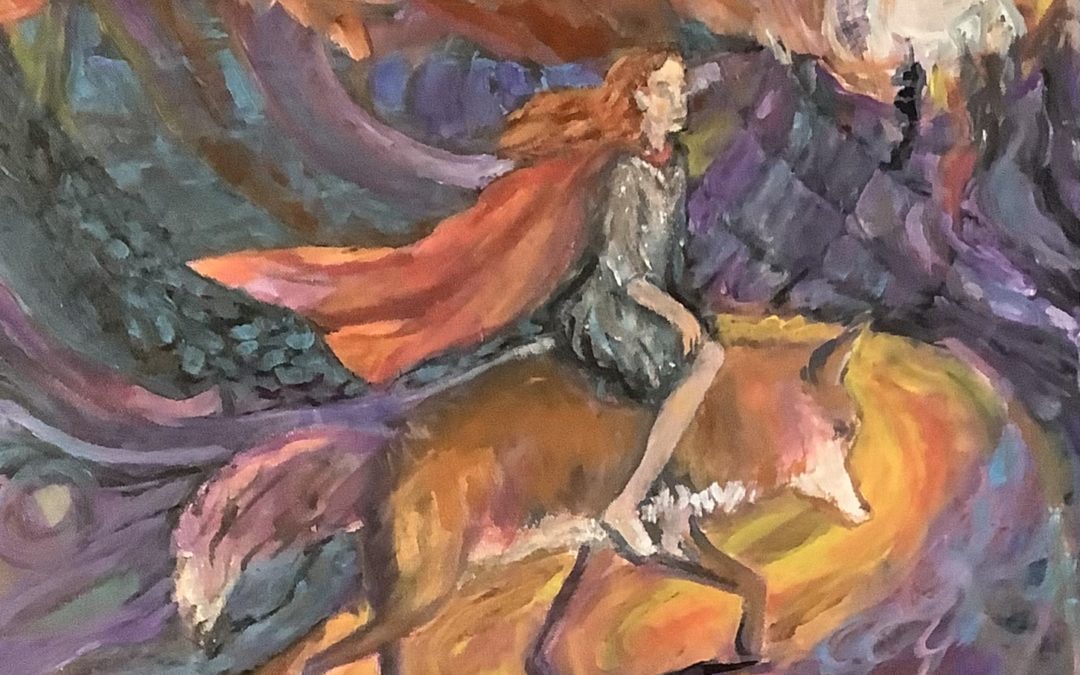The drama is a little slippery. The title the Protagonist provides at the start suggests some kind of crushing force at work. The point of a title is to give some sense of what is to come, but in the enactment the family is presented as loving and well meaning. We prod through various layers. We learn that each parent had a distressing childhood yet they triumphed, made a life together, pleasant if not extraordinary; Their careers are familiar successful roles. they are “things” like lawyers, doctors, pharmaceutical salesmen, nurses, teachers, administrators, law enforcers, tax accountants, They willingly applied plenty of resources for the children. We see some power differential between the parents, a husband who is too bullheaded, can be loud and intimidating if pressed, but no obvious abuse. The mother withdraws at night when her tasks are done, engages in some form of mental valium.
We place a chair between the parents to represent that there is so much unsaid, and that represents the core of the Outsider’s family. The child is not fully an Exile. Not as obviously burdened as the Outcast.
That is the problem so hard to put into words. To speak sensitively is to break the rules in this family. You may be familiar with the no-talk rule in chemically dependent families, an unspoken guideline that hides what dare not be named (the abandonment, the abuse). But this need not be a chemically dependent family. It seems at worse a distracted family, a stubborn group of loud people who seem in some way comfortable in the drama. We might make a case that the husband/father seems work addicted, and the wife/mother seems erased from much of the action, but that doesn’t seem “enough,” certainly not to the Protagonist, as they are riding forward into young adulthood and looking back.
We are at risk of never reaching a denouement. That is the fear, the rock carried by the Lost Child in their stomach as they travel off into the world.. How can they find some resolution. To blame the parents seems unfair.. The family tried its best though the rest of the members of this family don’t exactly encourage the witnesses to look too deeply. They have their faults, but they just haven’t done anything outrageous enough for the Outsider to bring it up with friends or lovers.
But such an ache. A trauma by omission. In our imagination we can see that no one held the young child in a heart-felt way sufficiently and sought to understand. This is not the blame the parents who did their best perhaps, or other siblings who felt like they belonged, but it is to discern the injury.
Like many of us who have been parents, these parents saw their child through a veil. They “knew.” about the depression and the excessive video-gaming, the lingering in their room out of sight, but figured the child has always been a little peculiar, a little sensitive. They grasped this, the way you might grasp a diagnostic manual and check off the relevant criteria, and they have made reasonable accommodations.
But on stage we see deeper. The Outsider’s family is often a family that loves what they understand, but differences are not held in equally loving arms. Or worse, they are held in arms that are emotionally dangerous. And the Outsider gets it in their gut. Parts of them are forever outside.
